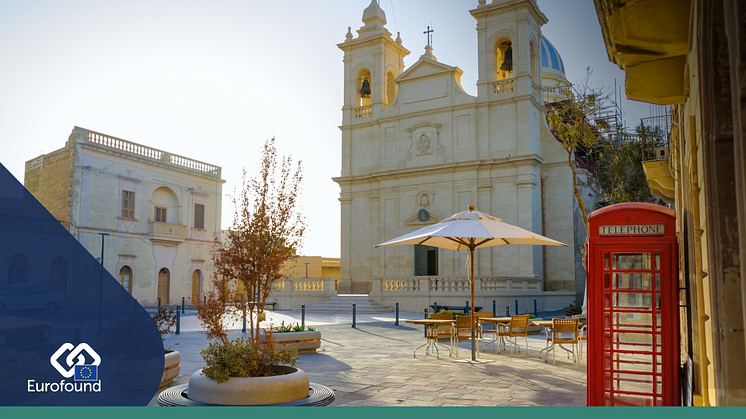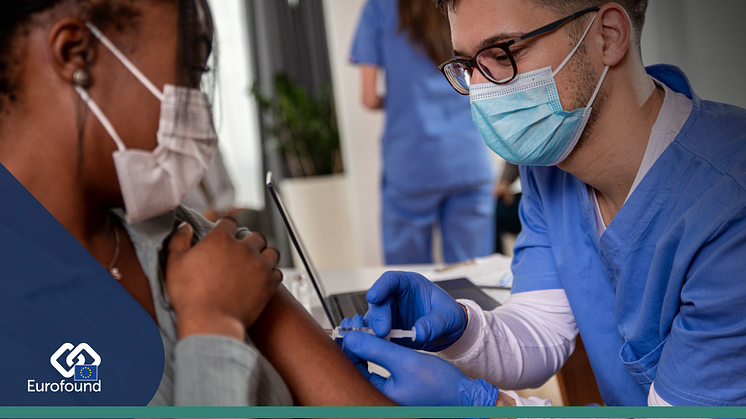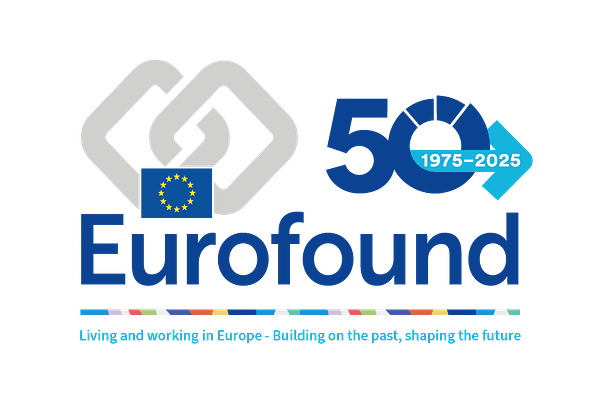
News -
High level of social optimism in Malta
Malta has the third highest degree of social optimism across the EU. According to the Social Optimism Index, developed by Eurofound, the country scores 0.424, just behind Ireland and Denmark (0.687 and 0.582 respectively), whereas Greece and France (-0.650 and -0.262) can be found on the opposite side of the Index.
Social optimism refers to a general expectation that social issues will turn out well. In Malta, 61% of people were characterised as optimists, and 22% as pessimists, while the EU27 average is at 43% optimists and 36% pessimists. The research also identified a pessimism gap, which relates to the contrast between personal and societal perceptions of the future, which equals 34 percentage points for the EU27 population. This gap stands at 8 percentage points for Malta, which is the second lowest in the EU by comparison, indicating that pessimism seems more closely related to expectations about personal living conditions, and not so much based on a shared pessimistic culture concerning society’s future.
This research, carried out by Eurofound, was published in the recent report Towards the future of Europe: Social factors shaping optimism and pessimism among citizens, which explores how the level of optimism differs in the Member States in relation to country context pre-pandemic. Furthermore, the publication identifies the key drivers of people’s perceptions about the future and explores whether optimists and pessimists differ in their socioeconomic, cultural and political characteristics.
Key drivers of optimism at country-level are both GDP growth rates as well as trust in institutions. Evidence highlights that facilitating access to high-quality public services can help to (re)build trust in institutions.
In Eurofound’s large-scale Living, working and COVID-19 online survey Malta scored high on various measures of trust in institutions. For example, the Mediterranean country shows the highest trust in the EU (5.9), while the EU average is at 4.6, the fifth highest trust in the healthcare system (7.0 as comparted to 5.9), and the fourth highest trust in science with almost half (48.1%) of the respondents agreeing.
The latest report finds a strong link between trust and vaccine hesitancy. 84% of respondents in Malta indicated in Spring 2021 that they were likely to take the vaccine when it becomes available to them, compared to an EU average of 64%. People with vaccine hesitancy, however, have a lower level of trust in numerous indices than people with no such hesitancy. Notably, trust in science is much lower among the hesitant group (5.2) than among the non-hesitant group (8.1).
Further information
- Report: Towards the future of Europe: Social factors shaping optimism and pessimism among citizens
- Report: Living, working and COVID-19 (Update April 2021): Mental health and trust decline across EU as pandemic enters another year
- Data: Living, working and COVID-19
- Data: Quality of life during COVID-19 - Malta
- Data: Democracy and trust during COVID-19 - Malta
- Data: Working during COVID-19 - Malta
- Data: Financial situation and security during COVID-19 - Malta
- Data: Quality of public services during COVID-19 - Malta
- Data: Support measures during COVID-19 - Malta
- Data: Vaccinations during COVID-19 - Malta
- Database: COVID-19 EU PolicyWatch - Malta
- Country page: Malta
- Working paper: Malta: Working life in the COVID-19 pandemic 2020






